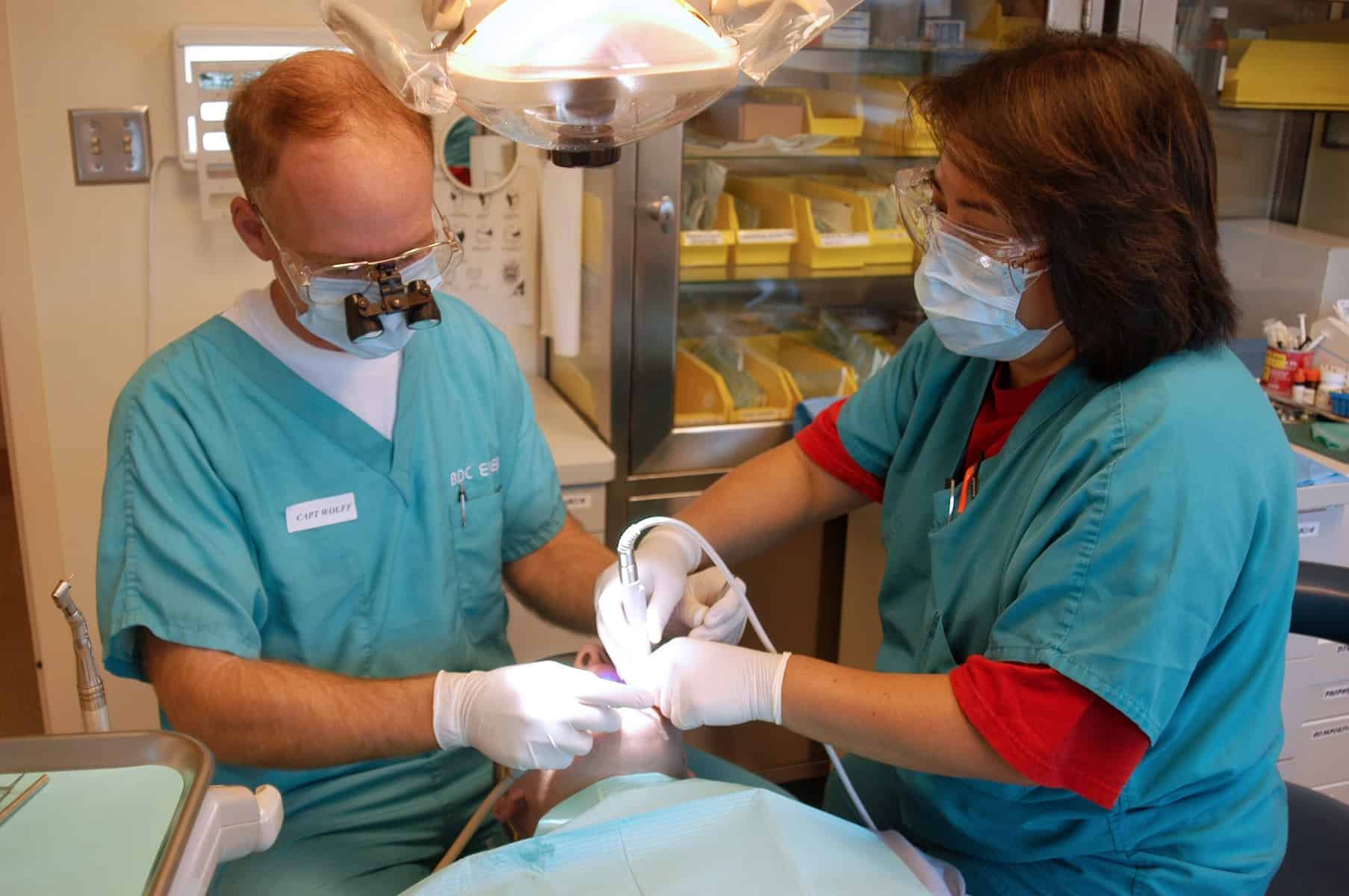Many people don’t understand the impact that poor dental health has on their overall health. Not taking care of your mouth can lead to a variety of health problems and increase your risk for conditions such as heart disease and respiratory issues. Having good dental health can lead to improved overall health, not to mention beautiful teeth, both of which will give you more confidence and boost your self-esteem. How to spend less time in the Dentist’s chair. Tips for better oral health.
Start incorporating the tips below into your regular routine and they’ll soon become habits you do without even thinking about them. Tackle one at a time if that’s more manageable, only adding a new habit once you’ve successfully implemented the prior one. Even if you take excellent care of your teeth and gums at home, you still need to see a dentist regularly.

1. Tips for better oral health
Get regular dental cleanings, your own everyday habits are crucial to your overall oral health. Even the most dutiful brushers and flossers need to see a dentist regularly. See your dentist at least twice a year at a minimum. Not only can a dentist remove calculus and look for cavities, but they will also be able to spot potential issues and offer treatment solutions.
Be sure to schedule regular dental checkups and cleanings. Your dentist and hygienist will help you keep your teeth clean and your gums healthy over the long run. Remember, preventive care and maintenance are just as important for a healthy mouth as good daytime and nighttime oral hygiene. While everyday habits are essential for getting back on track with good oral hygiene and maintaining your dental health. Find out how to spend less time in the Dentist’s chair. Tips for better oral health.
